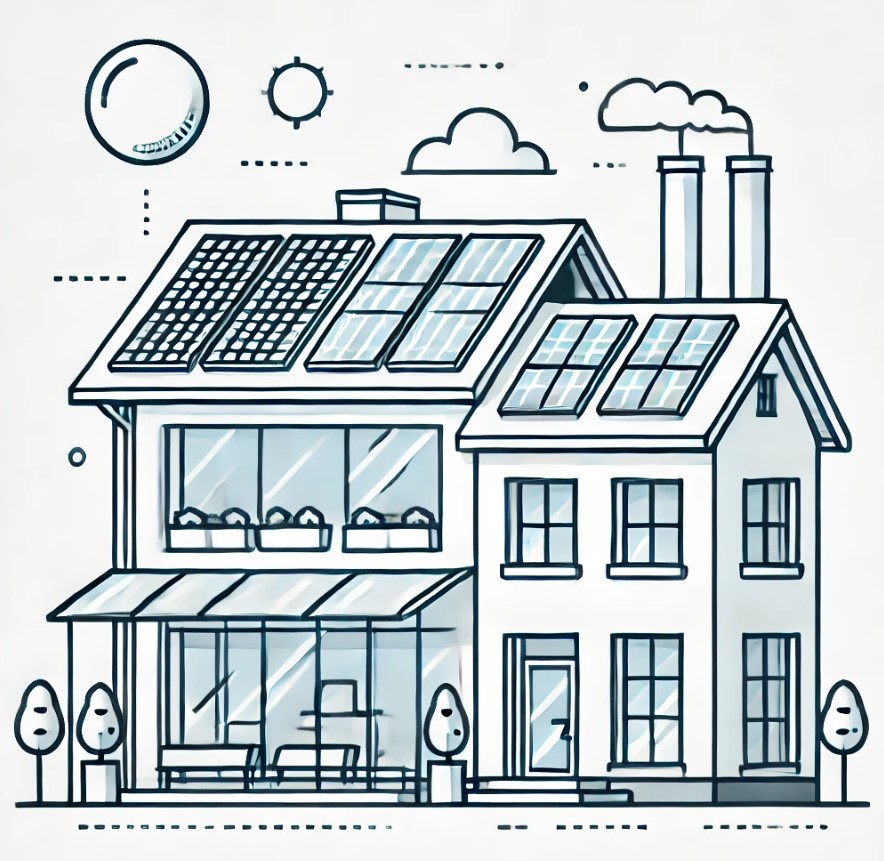
By Marc Baudry, Edouard Civel, Anna Creti, Romain Presty.
Residential energy consumption accounts for approximately 30% of global final energy consumption and 26% of total greenhouse gas emissions. Investing in the energy retrofit of dwellings is widely recognized as a key strategy to reduce both. However, the pace of these investments remains slow, as household decisions are hindered by multiple factors collectively known as the energy efficiency gap. To mitigate this issue, financial support programs for retrofitting have been implemented in developed countries. However, studies assessing their effectiveness reveal significant heterogeneity in outcomes. To contribute to the design of more effective programs, this paper conducts a meta-analysis that clarifies the actual impact of these initiatives, identifies the key determinants of their effectiveness, and corrects potential publication biases in evaluation results. Based on the Levelized Cost of Carbon Abatement derived from the meta-regressions, the main policy implication is that energy retrofitting is cost-effective. However, it should prioritize dwellings using natural gas rather than electricity in Europe, whereas the opposite approach is more suitable for the United States.
